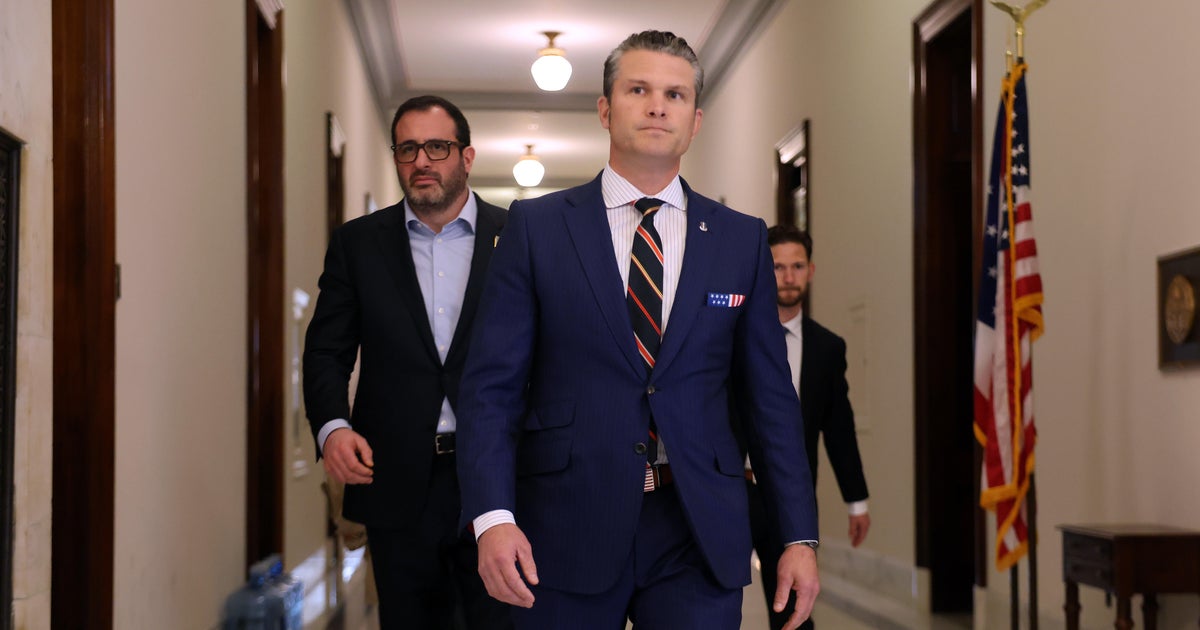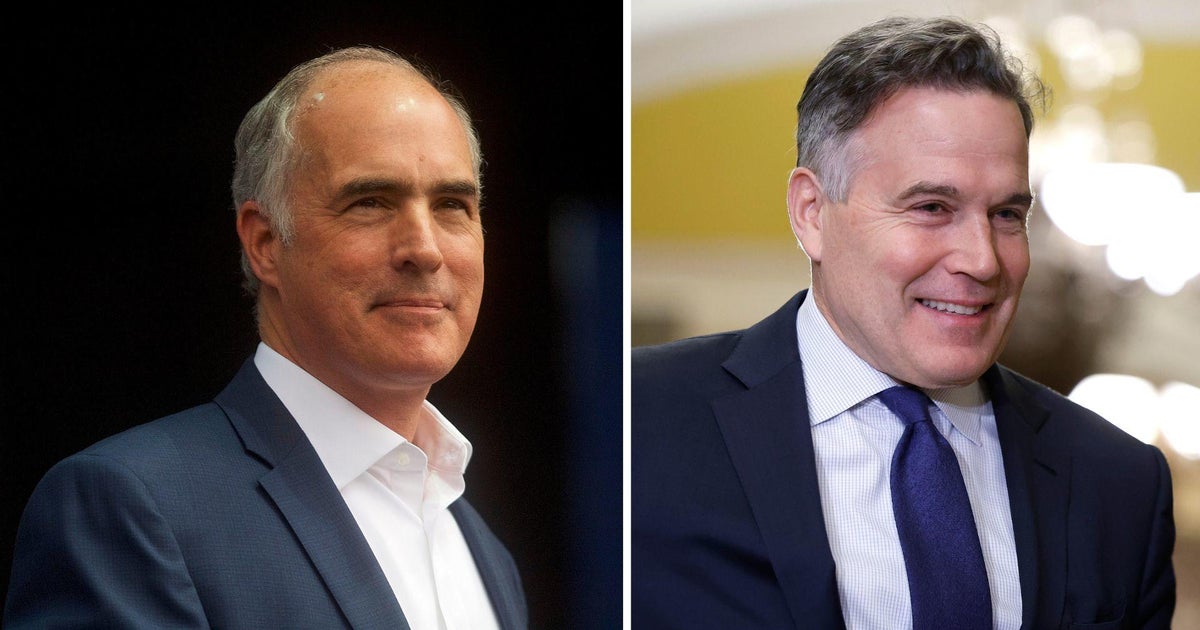Trayvon Martin’s Death Launched A Generation Of Activists That’s Still Fighting

A decade ago, a 17-year-old Black teenager left his father’s fiancee’s home in Florida to go to the store at night. He left with tea, a small bag of Skittles and his hoodie. A neighborhood watch volunteer suddenly stopped him. The man questioned the teen, a struggle ensued, and the man fired his gun, killing the teenager.
The Black teen’s name is Trayvon Martin. He died on Feb. 26, 2012.
The name Trayvon Martin is still, 10 years later, a rallying cry for racial justice advocates. The name George Zimmerman, the man who killed Martin, is a reminder of what some people still think of Black people in America today.
Natalie Jackson, an attorney who represented Martin’s family, said it was young people who were on the ground and making the nation aware of the killing when it happened. They were in Florida, and they were also in other cities. And now, these same young protesters have gotten older and continued their efforts.
“He was the beginning of the Black Lives Matter movement. We saw young people on the front lines getting those protests going,” Jackson told HuffPost.
“It was individual people doing things because they were so outraged. And many of these people were young,” said Jackson, adding that you could see the impact 10 years later.
Martin’s death served as a wake-up call for many people in America. Kwame Rose was entering college when it happened.
When Martin was killed, he saw himself, down to the hoodies that he also wore.
Martin’s murder was a reminder of what he had experienced growing up in his own neighborhood. Martin never committed an actual crime. The only problem that Martin had was that he just happened to be Black.
“I felt like the only crime Trayvon Martin committed was being a young Black kid in a middle-class neighborhood that his neighbors felt like he didn’t belong in,” Rose told HuffPost.
“This was our Emmett Till. This was a kid that was brutally shot down on the street and harassed. Trayvon woke up a generation.”
“He was the beginning of the Black Lives Matter movement.”
– Natalie Jackson, attorney who represented Martin’s family
Ten years later, Rose believes America still has a long way to go. Rose was born and raised in Baltimore and began his on-the-ground work the year after Martin was killed. In 2013, he helped form the Brothers In Action organization, which served as a mentoring group for young Black Baltimore men.
The death of another young Black man further pushed Rose into activism. Freddie Gray died in police custody on April 19, 2015. It happened in Rose’s West Baltimore Sandtown-Winchester neighborhood. The city of Baltimore erupted.
When Gray died, it was the first time Rose actively protested. His frustration at seeing Zimmerman ultimately be acquitted of murder had swelled.
“Freddie Gray hit home,” he said. While he related to Martin, Gray’s death “became personal” for Rose and the people he grew up with.
“We were regular teenagers, but we grew up watching people who look like us, our age doing stuff that we would do and be murdered and left in the street to die,” he said. “I didn’t see a shift in activists, but a shift in young folks.”
A video of Rose getting into a confrontation with Fox News’s Geraldo Rivera went viral during the ensuing protests.
“A Black man can raise his voice, and you don’t have to be intimidated,” Rose said to Rivera in front of a crowd of people in Baltimore. Rose’s raw emotion showed people were tired of seeing and hearing about people who looked like them dying on American streets.
Rose was arrested for using a megaphone and obstructing traffic during protests. He was found not guilty on two charges and another conviction was later dropped by a judge.
Gray’s was just one in a string of tragic deaths that followed Martin’s killing.
There was Tamir Rice. There was Dylann Roof killing nine Black people in a South Carolina church.
And Rose was just one of countless grassroots activists to be outraged by Martin’s murder and to embark on a quest for a just society.
“The innocence of Black children was stripped away, and that is what was being prosecuted, more so than white vigilantes and law [enforcement] taking the lives of Black kids,” Rose said.
“Trayvon woke up a generation, Mike Brown radicalized a generation, and Freddie Gray showed Baltimore doesn’t give a fuck.”
Johnetta Elzie had a similar experience. At 23, she was in St. Louis at the time Martin was killed.
She remembers a spontaneous vigil when the news spread about Martin’s death. At the time, Elzie just wanted to pay her respects.
But years down the line, she became an influential figure in the new civil rights movement. Elzie rose to prominence as a grassroots organizer and leader in Ferguson, Missouri, after Michael Brown was gunned down by a police officer.
While active on social media, Elzie’s focus was always on working on the ground with people in the community. Along with other prominent activists, she was one of the leaders of We The Protesters.
When Elzie got word of Brown’s killing, she walked down to the neighborhood where the shooting happened to see what was going on, she told HuffPost. It was “easy” for people to make the connections between Martin, Brown and many other young Black men who were killed by overpolicing.
In St. Louis, Elzie said, there were a lot of Black men being killed.
“I have heard people say that Trayvon is everywhere,” she said. “I had a friend who was shot and killed by a St. Louis police officer in February 2014.” His name was Stephon Averyhart, and the police officer who killed him was never charged.
In Chicago, Charles Preston was 21 years old when Martin was murdered. He watched the Zimmerman verdict on television and recalled that his stepfather was so stressed out that he went outside to smoke.
Preston’s stepfather told him that it was “open season” on young Black men. Just a few years later, confirmation seemed to come when Laquan McDonald was fatally shot by Chicago police in 2014.
Even though Martin did not die at the hands of police like McDonald or Gray, the idea of policing Black people in America was central to his death. Preston says it is the “concept policing” that got the teen killed. Zimmerman was doing neighborhood watch and claimed he thought he was protecting his community.
Black people know what it is like to be “profiled” and go places where they are not accepted.
“When you see something like that, you are going to have a visceral response to it,” said Preston, a former local organizer and Chicago-based journalist.
Since McDonald’s death, Preston has been a loud voice keeping the 17-year-old’s legacy alive. He has also been continuously outspoken about former Chicago Mayor Rahm Emmanuel and his handling of McDonald’s case, along with current Mayor Lori Lightfoot.
“I think what Trayvon’s [death] did is inspire a generation. I think Trayvon is like the seed for a generation for people who are trying to do right in activism and are more aware in policing. He is the seed for a lot of people being introduced to a lot of radical concepts.”
Checkout latest world news below links :
World News || Latest News || U.S. News
Source link



